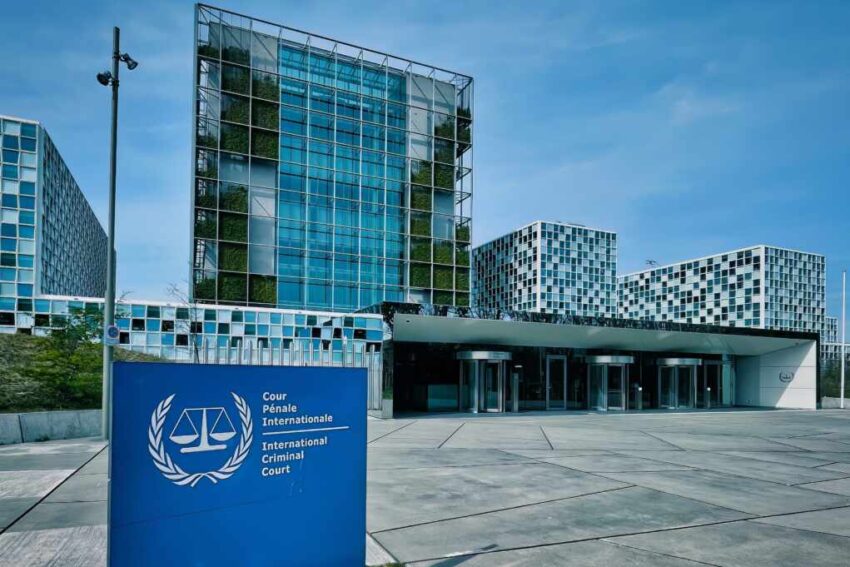A confidential legal brief urges the International Criminal Court to investigate Russia-linked Wagner mercenary forces for war crimes in West Africa, alleging they spread graphic videos of torture, mutilation, and alleged cannibalism as tools of psychological warfare.
At a Glance
- UC-Berkeley legal experts submitted the brief, claiming Wagner circulated atrocity footage online—including severed limbs and cannibalism—which may constitute war crimes
- The videos depict combatants cutting bodies, hacking organs, posing with severed limbs, and referencing eating human hearts
- The brief argues that online distribution of such content could itself be a crime under the ICC’s “outrages on personal dignity” provision
- Crimes reportedly occurred in Mali, Burkina Faso, and Niger between late 2021 and mid-2024 during peak conflict periods
- Wagner pulled out of Mali in June 2025, but Russia’s Africa Corps has taken its place
Digital Atrocities as Evidence
A confidential brief to the ICC lays out harrowing examples of brutality: men in uniforms mutilating corpses, boasting about cannibalism, and desecrating bodies in videos circulated on Telegram. UC-Berkeley legal experts argue that not only physical violence but also the dissemination of such imagery amounts to war crimes—marking a precedent in digital accountability.
Watch a report: AP: Wagner’s Graphic Videos May Be ICC Evidence.
Shift in Africa: Wagner Out, Africa Corps In
Following its withdrawal from Mali in June 2025, Wagner has been replaced by Russia’s Africa Corps, which now carries out similar security operations across the Sahel. Observers report that abuses persist under new leadership, with UN and Human Rights Watch indicating a continuing surge in civilian harm.
Why It Matters
If the ICC deems that sharing atrocity footage constitutes a prosecutable war crime, it would set a new standard in global justice—clamping down not just on violent acts, but on their use as propaganda weapons. In an era where social media amplifies brutality, the move could deter future digital intimidation tactics.
As Western powers reassess their Africa policies, and Sahelian countries increasingly rely on Russian mercenaries, the ICC’s next steps may determine whether digital documentation becomes a powerful tool for justice—or a frightening weapon of terror.
Click this link for the original source of this article.
Author: Editor
This content is courtesy of, and owned and copyrighted by, https://thecongressionalinsider.com and its author. This content is made available by use of the public RSS feed offered by the host site and is used for educational purposes only. If you are the author or represent the host site and would like this content removed now and in the future, please contact USSANews.com using the email address in the Contact page found in the website menu.








